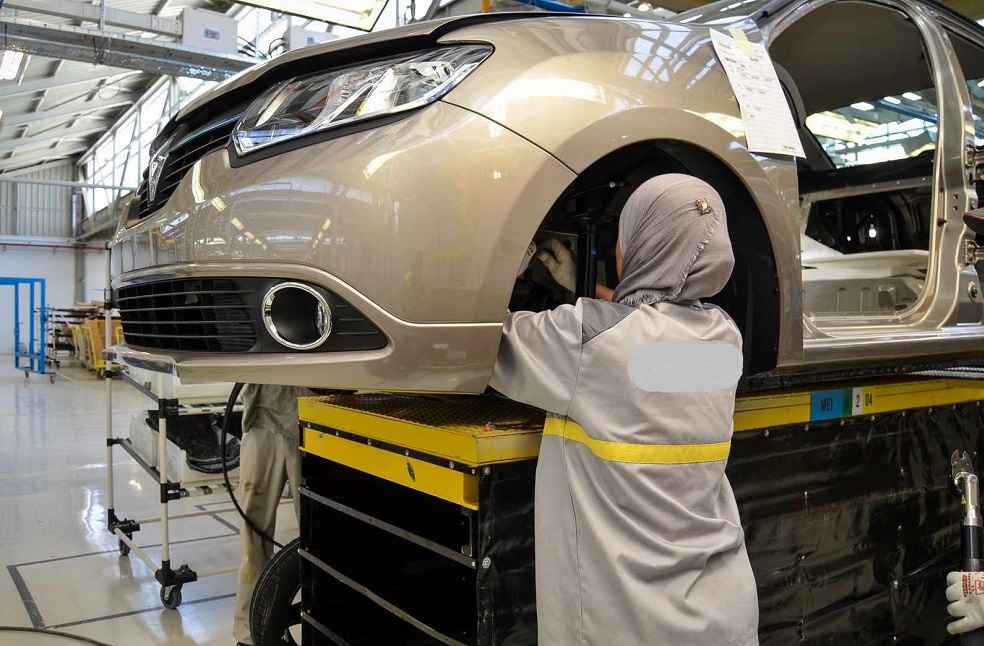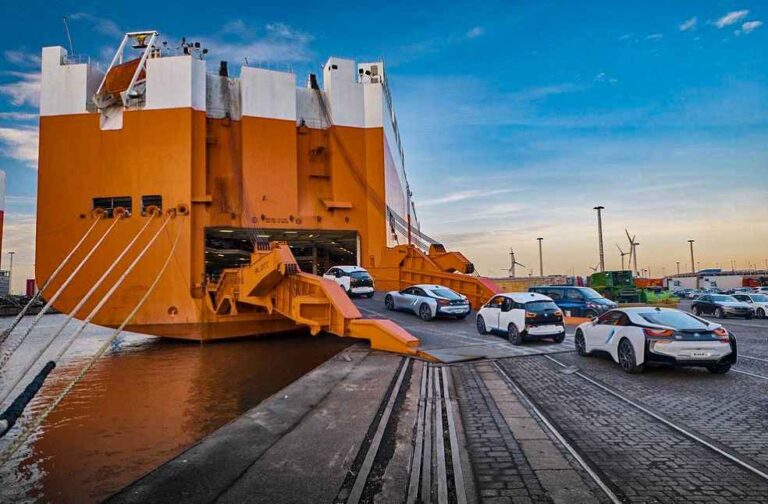Morocco emerged as the European Union’s largest auto export hub in 2023, overtaking China and Japan. Driven by a surge in vehicle and component production, Morocco’s trade with Europe is set to grow further. With strategic proximity to Europe and supportive government incentives, Morocco has positioned itself as a vital manufacturing base, notably for European automakers Stellantis and Renault.
Morocco’s automotive exports to the EU reached €15.1 billion ($16.4 billion) in 2023, marking a 30% rise from the previous year, according to Morocco’s Foreign Exchange Office (FCO). While finished vehicle exports totaled 536,000 units—second only to China’s 782,000—the growth was largely driven by components, particularly in wiring, which saw exports of 46.1 billion dirham ($4.7 billion). Powertrain exports also rose significantly to 11.3 billion dirham ($1.1 billion). Spain, France, and Italy rank among Morocco’s largest automotive markets.

Morocco’s Tanger Med Port, one of the world’s largest automotive ports, handled over 578,500 vehicles in 2023, with exports making up nearly 80% of domestic production. “Morocco’s proximity to Europe and efficient logistics make it ideal for automotive exports,” said Taieb Douhlal, Operational Director at Austics Group. The government aims to increase annual vehicle production to one million units by 2025.
While Morocco leads in automotive exports, Tunisia and Algeria are also advancing their sectors. Tunisia exports around 80% of its automotive output to Europe. However, competition for investment is reshaping the North African landscape, as Mitsubishi Corporation recently moved operations from Tunisia to Casablanca, Morocco.
Egypt is also revamping its automotive sector, planning to resume Lada vehicle production in 2025 at a new plant in Tarbul, with an expected annual output of 50,000–70,000 vehicles.

Algeria’s past attempts to grow its automotive industry were marked by setbacks, leading to a $3.5 billion loss from failed projects. Recently, a Fiat plant opened in 2023, signaling renewed commitment to local production.
To support electric vehicle production, Morocco is focusing on battery manufacturing. The government recently cut import duties on lithium-ion cells, aiming to make Morocco a key supplier in the EU’s electric vehicle market. However, global supply chain challenges and potential shifts in EU policies may impact Morocco’s progress.
“Morocco has capitalized on geopolitical shifts to strengthen ties with Europe,” said Douhlal. However, regional instability and evolving EU policies may influence Morocco’s automotive sector.
TOP CARS | Geely Launches New Emgrand Sedan, Celebrates 1st Anniversary in Mexico





